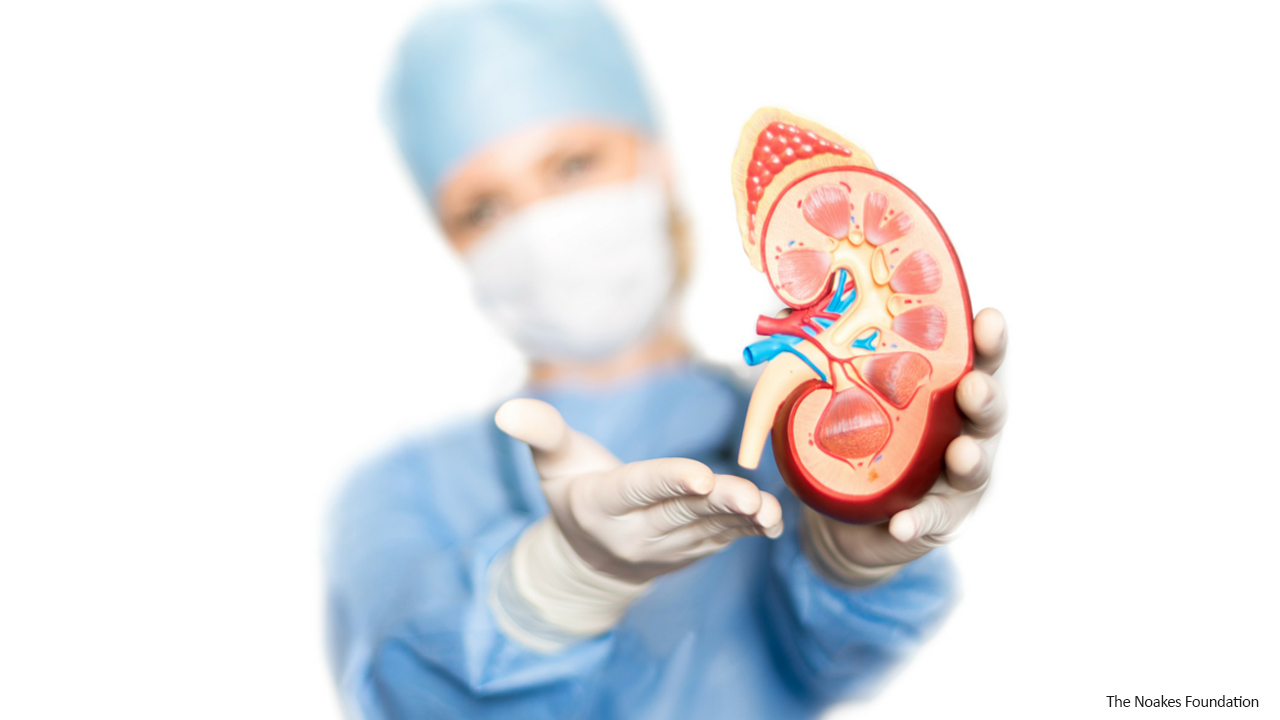World Kidney Day is a global health awareness campaign that aims to raise awareness of the importance of our kidneys and renal disorders. The International Society of Nephrology (ISN) and the International Federation of Kidney Foundation (IFKF) jointly proposed the World Kidney Day (WKD) to be observed on 12th March each year. The aim is to broadcast the message about kidney and kidney disease among the patients and doctors.
Worldwide most patients with kidney disease are not diagnosed at the initial stage until long after the illness has developed. For this reason, it is important to raise awareness about kidney-related issues among the masses to reduce the severity and extent of kidney disease. The availability of early detection and proven methods of preventive therapy must be widely known.
Kidneys are very important organs
Kidneys are very important for our health. It helps in removing all the toxins and excess water from our bodies. Moreover, it helps in controlling blood pressure and controlling our body’s chemical balance. The kidney’s job is to filter blood and maintain a healthy electrolyte balance. Each kidney has tiny nephrons which help in the filtration process. All the blood in your body passes through the kidney several times a day. Blood comes to the kidney, waste gets removed. Salt, water, and minerals are adjusted. The filtered blood goes back to the body. Waste gets turned into urine and gets collected in the urinary bladder. If the blood stops flowing to the kidney, a part or all of it would die leading to kidney failure.
Kidney disease
Kidney disease occurs when there is a progressive loss of kidney function over months or years. Most people have no symptoms until the disease is advanced.
Symptoms of kidney disease
- Puffy face
- Swelling of the body parts such as legs, ankles
- Foamy and frothy urine
- Blood urine
- Fatigue
- Increased or decreased frequency of urine
- Burning in urine
- Pain in the lower abdomen
- Difficulty concentration
- Decrease appetite
Kidney conditions
- Pyelonephritis (infection of kidney)
- Glomerulonephritis
- Kidney Stones
- Nephrotic Syndrome
- Polycystic Kidney Disease
- Acute Renal Failure
- Chronic Renal Failure
- Diabetic Nephropathy
- Kidney Cancer
- Renal Cyst
Renal Test
- Urinalysis
- Kidney Ultrasound
- Ureteroscopy
- Kidney biopsy
Kidney Treatments
- Antibiotics
- Lithotripsy
- Nephrostomy
- Nephrectomy
- Dialysis
- Kidney transplant
Secrets to a Healthy Kidney: A diet can change the health of your kidney
-
Protein
-
Phosphorus
-
Salt
-
Potassium
-
Fluids
-
Limit shellfish and meat
-
Antioxidants
7 important golden rules to attain healthy kidneys
Kidney disease is a silent killer which develops usually over time and does not have any obvious symptoms until a later stage. A healthy diet and lifestyle can make a difference in preventing kidney disease.
Make a conscious effort to opt for less sugar, sodium, and fats when dining out
“You are what you eat.” Consuming healthy foods and fewer fats can help in better absorption of nutrients which are essential for kidney functioning. Less sugar and fewer fats will help in creating less burden on the kidney to filter toxins and make the kidney work easier.
Know your risk
A sedentary lifestyle increases the risk of obesity and type 2 diabetes, hypertension, and other chronic illness. Maintain a healthy weight by keeping yourself active and avoiding overeating.
Benefits of regular exercise
Apart from providing stamina, regular exercise can help improve the circulation of blood in the kidney. Keeping yourself active reduced the risk of chronic diseases like diabetes, hypertension, and heart disease.
Quit smoking and alcohol
Smoking damages the blood vessels of the body. This reduces the blood supply to the kidneys and decreases the ability to function normally. Smoking can increase the risk of developing kidney cancer. Drinking too much alcohol can cause an increase in blood pressure. High blood pressure is one of the common causes of kidney disease.
Portion control of meals
2 servings of fruits + 2 servings of vegetables every day with whole grains and lean meat make a healthy diet.
Prepare your meals
Home-cooked meals are a blessing for your kidneys. It allows you to control sugar and salt. It helps you to see everything in moderation and also reduces the toxicity burden on your kidney.
Early detection is key
Early screening and regular health check-up is a must. If there is a strong medical history of diabetes, blood pressure, and kidney disorder, early screening can help.

 Reduce the toxic burden on your kidney today with healthy food and fluids. Early screening and regular full body checkups can help in the detection of kidney disorders which can improve the prognosis and better outcomes.
Reduce the toxic burden on your kidney today with healthy food and fluids. Early screening and regular full body checkups can help in the detection of kidney disorders which can improve the prognosis and better outcomes.











.jpeg)








.jpeg)





.jpg)


.jpg)



